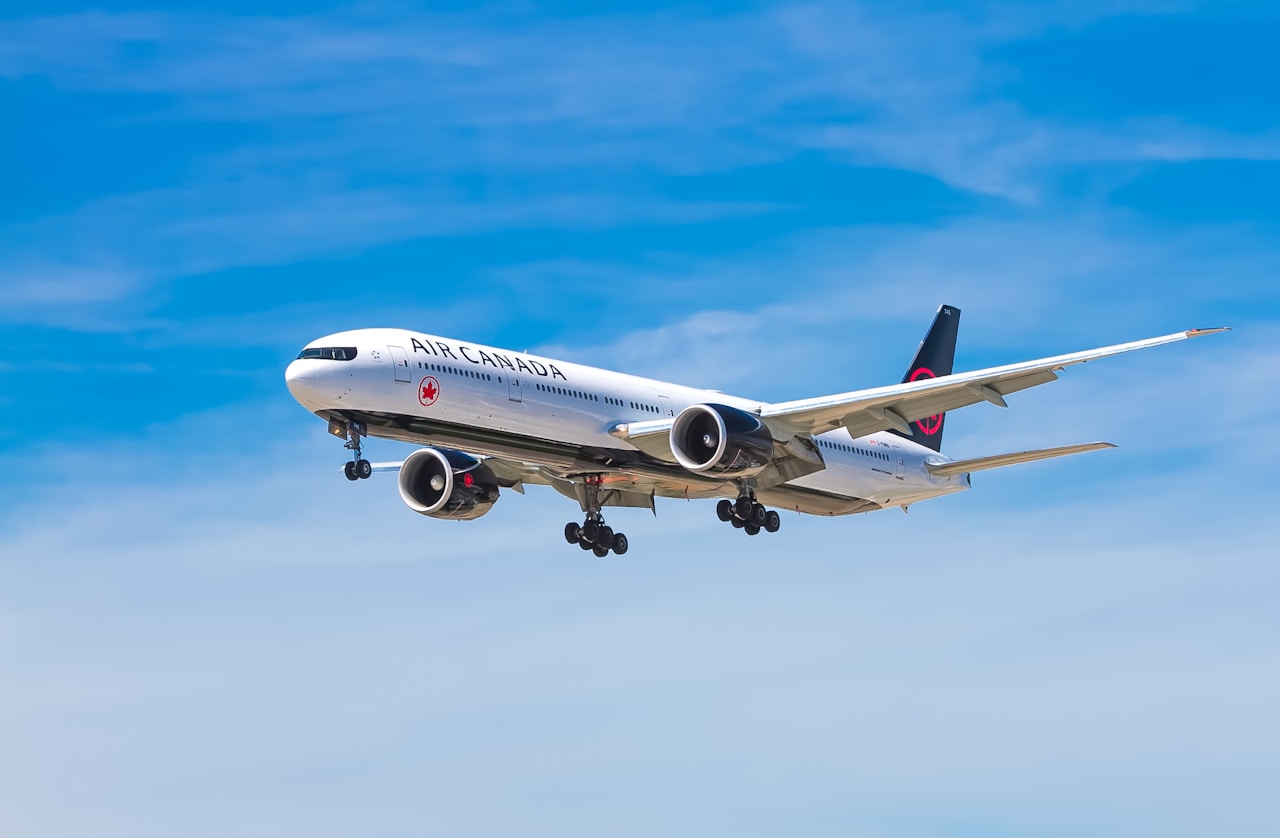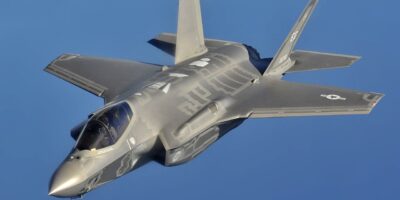UAS Groups: Understanding the Basics
Unmanned Aircraft Systems (UAS) are transforming various sectors. These systems, known more commonly as drones, are categorized into different groups. Understanding these groups is crucial for enthusiasts and professionals alike. This article delves into the categorization, their uses, and some regulations governing them.

What Are UAS Groups?
UAS are divided into groups based on their size, weight, and capability. This classification helps in identifying the suitable drone for tasks such as aerial photography, surveying, or cargo delivery. Different organizations may use slightly different classification systems. However, the general principles tend to be similar across the board.
Group 1: Small UAS
This group includes the smallest drones. They generally weigh less than 20 pounds. Their primary use is in hobbyist activities and low-scale commercial applications. These drones are easy to operate and typically used for recreational photography and simple surveillance tasks.
Most consumer drones, like those produced by DJI, fall into this category. These devices are affordable and accessible to the general public. They often come with cameras and GPS systems for enhanced functionality.
Group 2: Medium-Sized UAS
Medium-sized UAS weigh between 21 and 55 pounds. They are designed for more rigorous applications compared to Group 1 drones. In this category, drones are often used in more demanding aerial tasks such as mapping, inspection, and moderate payload delivery.
These UAS are common in agricultural fields for monitoring crops. They provide vital data on crop health and pest infestation, helping farmers increase yields efficiently. They also play a role in industrial inspection, navigating areas unsafe for human presence.
Group 3: Larger UAS
Group 3 drones range from 55 pounds to around 1,320 pounds. These UAS offer more sophistication, carrying larger payloads and operating over longer distances. They can provide higher resolution data and operate in harsher conditions.
This group includes many military and commercial drones used for logistics and package delivery by firms like Amazon. Their ability to carry significant loads makes them ideal for delivering critical supplies in emergency situations, such as medical supplies to remote areas.
Group 4: MALE and HALE UAS
MALE (Medium-Altitude, Long-Endurance) and HALE (High-Altitude, Long-Endurance) drones fall into Groups 4 and 5. These are larger, more complex UAS capable of sustained flight lasting days. They operate at altitudes requiring advanced technical capabilities.
Their applications are specialized and strategic, often used in intelligence gathering, surveying large tracts of land, and long-range reconnaissance missions. These drones are pivotal for environmental monitoring and disaster assessment, giving national agencies a bird’s eye view of large areas over extended periods.
- MALE UAS: Typically operate at altitudes between 10,000 to 30,000 feet. They are designed to balance payload capacity and flight time.
- HALE UAS: Can sustain operations at altitudes above 60,000 feet. These drones are integral to high-stakes missions that require persistent presence and extensive reach.
Regulations and Compliance
While the benefits of UAS are extensive, regulations exist to ensure safety and privacy. In many countries, bodies like the FAA in the United States set strict guidelines on UAS usage. These guidelines classify drones into groups, and operators must comply with specific rules based on the group and intended use.
Registration and Licensing
The FAA requires most drones, especially those weighing over 0.55 pounds, to be registered. Operators often need specific permits or licenses, particularly when flying outside line-of-sight or for commercial purposes. Training and certification programs are available to help operators understand and adhere to regulations.
These measures aim to balance innovation with safety concerns, ensuring that drones do not endanger manned aircraft or infringe on personal privacy.
Operational Restrictions
Further restrictions control where and when UAS can operate. For instance, no-fly zones are established around airports and sensitive infrastructure. Flying a drone in these areas requires explicit permission. Time restrictions also exist to limit operations in low visibility conditions.
Adhering to these restrictions is crucial. Unauthorized flying can lead to hefty fines and legal consequences, emphasizing the need for operators to be aware of airspace regulations.
Innovations and Future Trends
The evolution of UAS technology is swift, with trends pointing toward greater automation and AI integration. These advancements promise enhanced safety and efficiency. Autonomous drones are emerging, capable of making independent operational decisions based on real-time data analysis.
Another trend is the development of swarming technology. This innovation allows multiple drones to work collaboratively on a task, increasing efficiency. It holds potential for applications in logistical networks, search and rescue, and environmental monitoring.
Challenges and Considerations
Despite these promising trends, challenges remain. Battery life is a critical limitation for most UAS, impacting flight duration. Research is underway focusing on developing more efficient power sources.
Security is another concern. As drones become more integrated into business and personal spaces, safeguarding them from hacking and data theft becomes paramount. Robust encryption and secure communication channels are vital developments in this regard. Understanding these challenges ensures informed decisions are made when considering UAS technology.
An Expanding Horizon
UAS groups provide a structured framework for understanding and deploying this technology. From hobbyists capturing breathtaking aerial shots to military operators conducting reconnaissance, the impact of drones is far-reaching. As technology advances, these groups and classifications help guide their safe and effective use.




Subscribe for Updates
Get the latest articles delivered to your inbox.
We respect your privacy. Unsubscribe anytime.